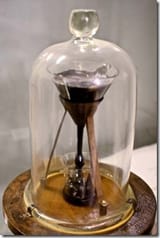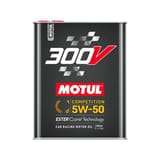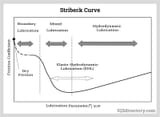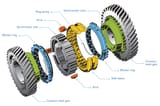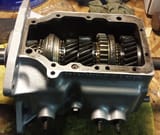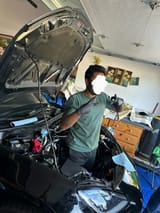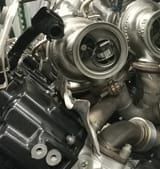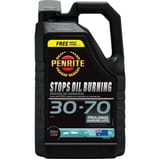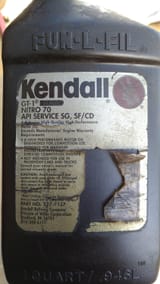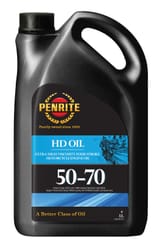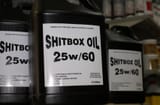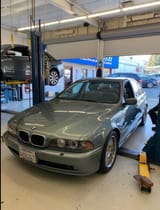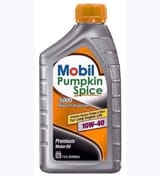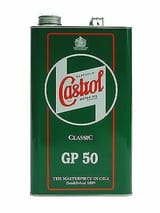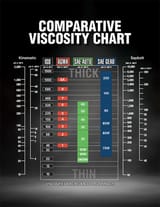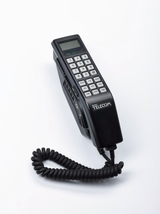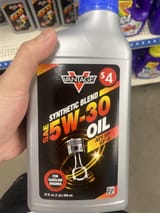>>28540957
The first thing to understand is that SAE viscosity numbers represent ranges, not specific values, and there can be not insignificant variations between the properties of different base oil chemistries offered by different manufacturers sharing the same nominal spec.
The second thing to know is that some specs, like the cold cranking/winter number, are minimum standards, which some do the bare minimum, and others can greatly exceed. Eg a company sells a 5w-30 oil that could qualify as a 0w-30 oil but is sold as a 5w instead because it technically meets that spec too, in order to distinct it from the rest of its product range (they might also sell a '0w-30' oil that also exceeds the spec).
The only way to know for sure is to send your own samples in for testing. As as a second best, see the results of tests other people have done.
Lake Speed Jr. has a channel on youtube called 'the motor oil geek' where he talks about a lot of this stuff. Lots of good information there. You can find examples of practical testing in other channels like 'project farm' or 'brand ranks'.
(eg,
https://www.youtube.com/watch?v=2-ECI5uK9eE )
Long story short, the most important things for engine protection are high heat viscosity and high cold flow. A thicker oil will generally protect better but if it is too thick and doesn't flow at a proper rate then this will perversely result in higher wear as well.
There's lot of other concerns like how well the oil resists oxidization, acidification, and viscosity breakdown over time, anti-friction and detergent additives, and so on, which are generally a function of manufacturer quality. I would personally recommend Penzoil Ultra Platinum, Amsoil Signature, or HP Lubricants. PUP can be found in any big box store so is an accessible option for many. Amsoil can be bought online, a step up in price with a further step up in performance. HPL is the best there is and you will pay for it, but if you need it, that's the way to go.




